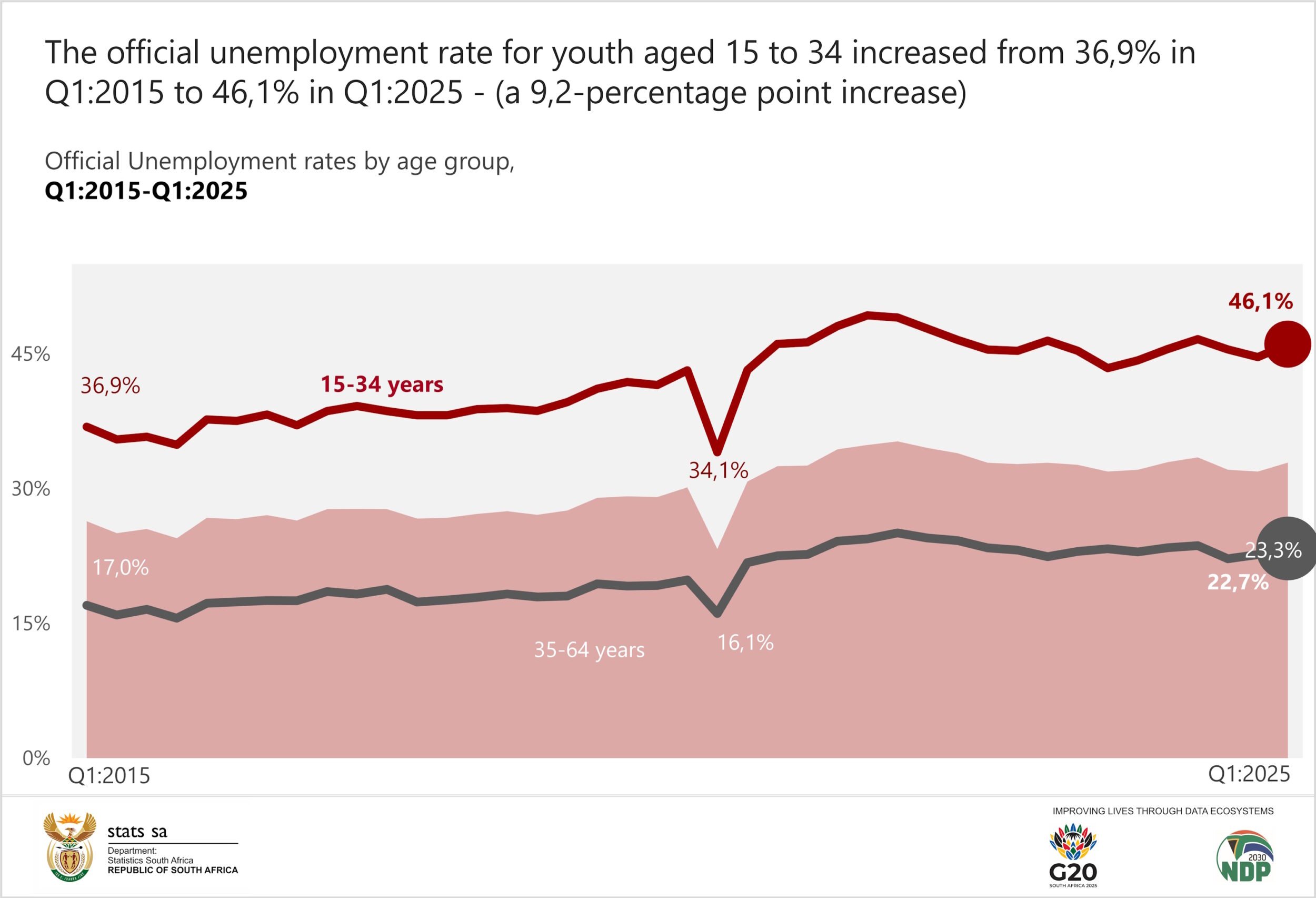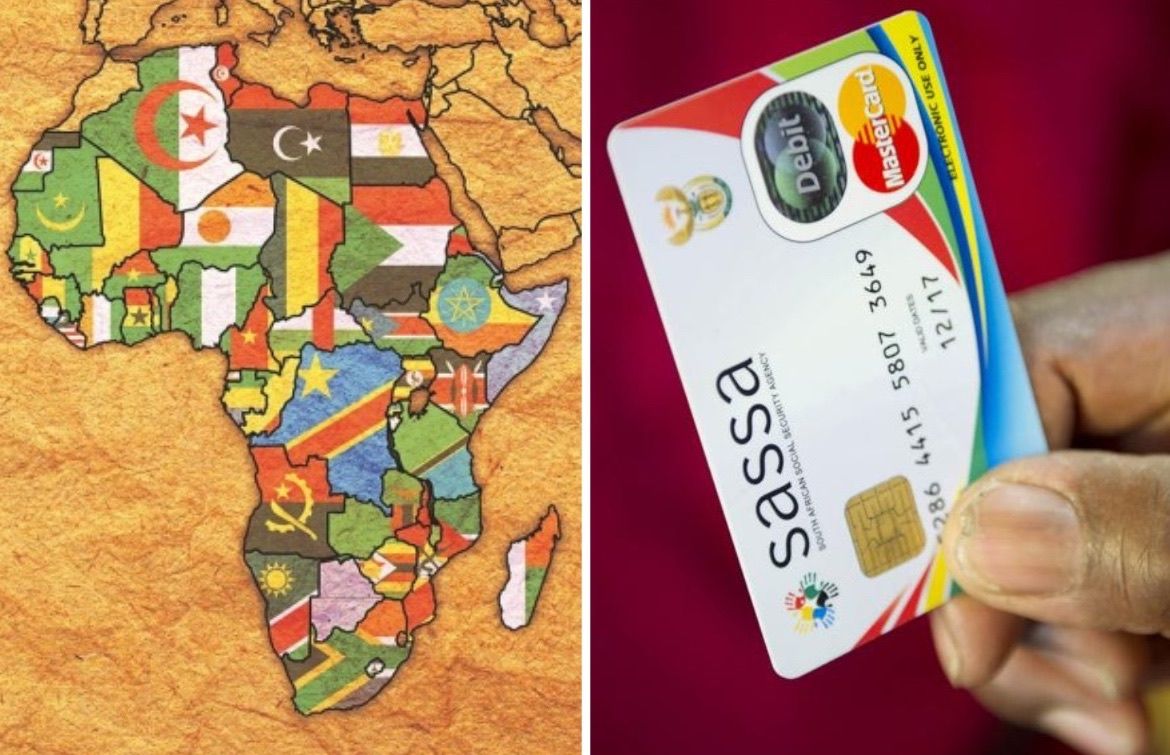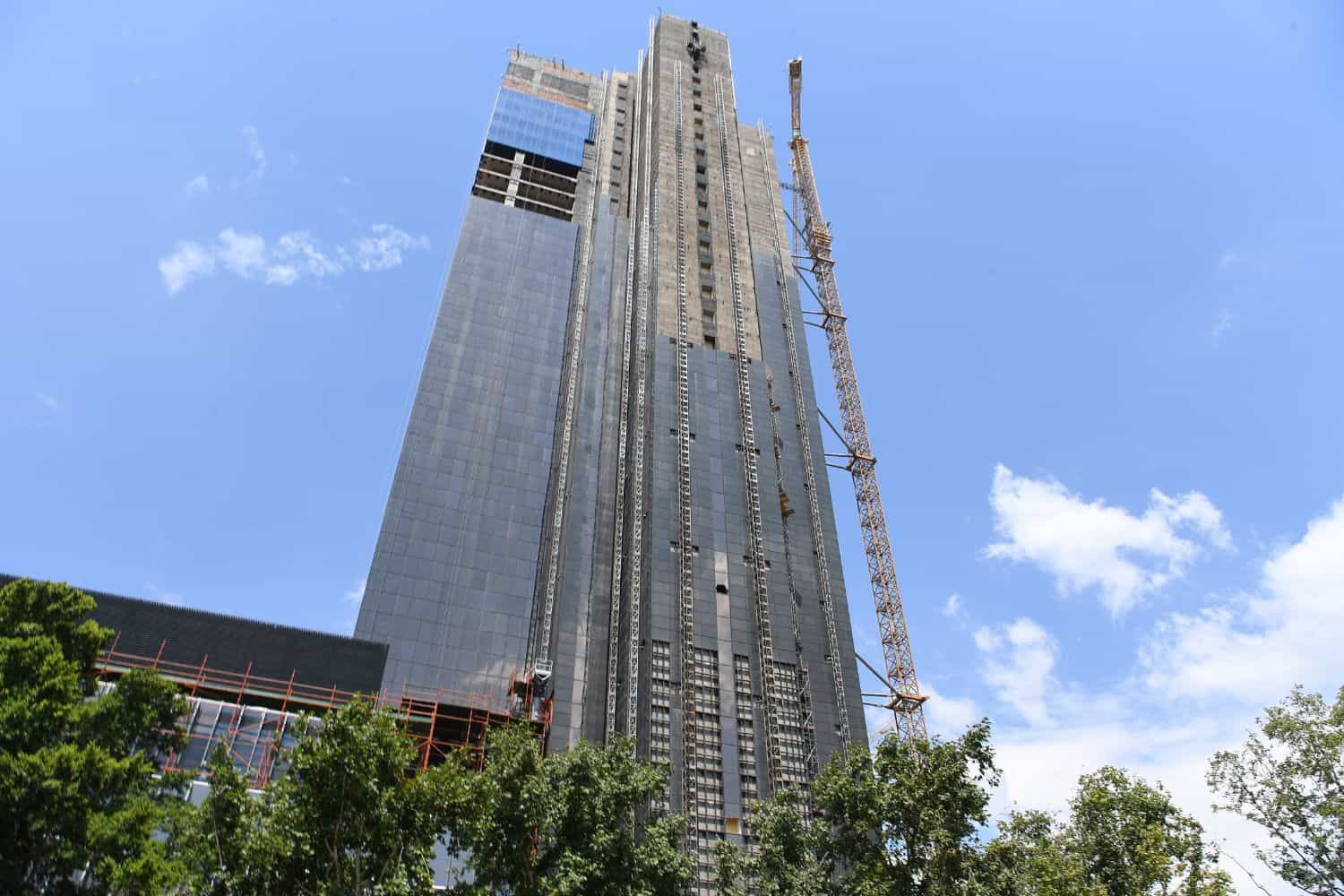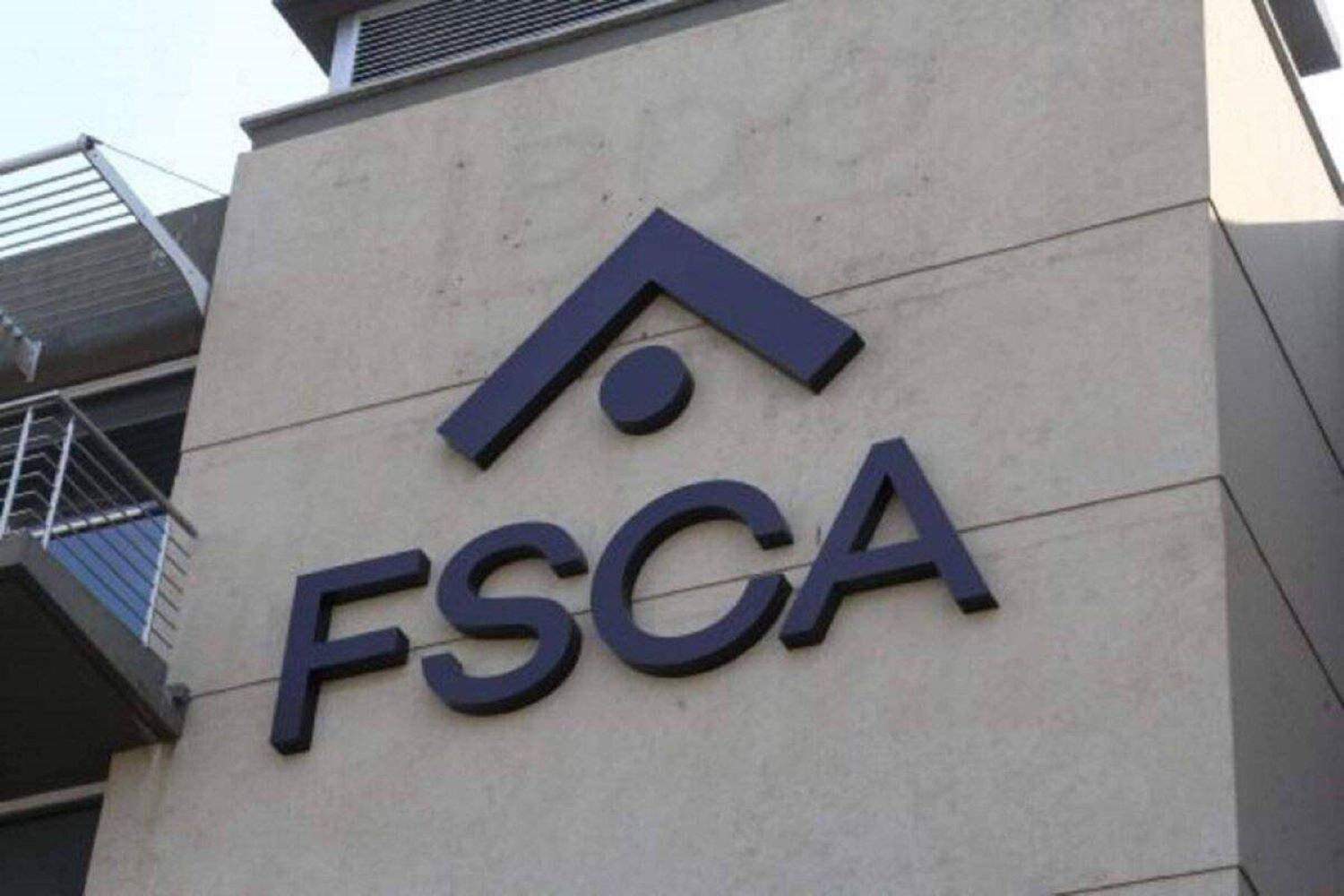Meeting between minister of finance and all provincial finance MECs set to take place on Tuesday.
Provincial governments will know if they have to withdraw their budgets and resubmit amended budgets to their legislatures after a meeting with National Treasury on Tuesday (13 May).
Gauteng MEC for Finance and Economic Development Lebogang Maile said there have been no engagements between the Gauteng government and Treasury over possible budget cuts since disputes arose in the government of national unity (GNU) over the national budget and proposed increases to the value-added tax (Vat) rate.
However, he confirmed on Monday that there will be a meeting of what is called the Budget Council – which includes Minister of Finance Enoch Godongwana and all provincial MECs of finance – on Tuesday.
“We will know whether they will cut any budget on our part and whether there are going to be any changes,” said Maile.
“That will determine whether we leave this [Gauteng] budget as it is or we amend it to the legislature.”
He added that the Gauteng legislature has already been informed of the situation and “should be ready” in the event that it has to “withdraw and present a new budget”.
ALSO READ: Gauteng’s budget: A fresh coat of paint on a crumbling province?
Provisional go-ahead for KZN
Tim Brauteseth, a Democratic Alliance (DA) member of the KwaZulu-Natal Provincial Legislature and spokesperson on finance, on Monday welcomed Treasury’s confirmation that there will be no changes to KZN’s equitable share and conditional grant allocation for the 2025/26 financial year.
However, he added that: “While the unchanged budget allocation spells good news, the fact remains that, despite the protections of Section 29 of the PFMA [Public Finance Management Act], KZN’s budget remains in limbo until the national budget process is completed.”
He explained that Section 29 allows the province “to draw funds from the National Revenue Fund to cover essential services – up to a limit of 45% of the previous budget amount”.
“However, [any cuts to the budget] will be a very real test as our province continues to face significant challenges, including rising service delivery demands, infrastructure backlogs, and the need for urgent economic growth initiatives.”
Godongwana is scheduled to deliver the amended National Budget on 21 May.
Brauteseth’s comments follow an announcement last week by KZN Finance MEC Francois Rodgers that the 2025 KZN Provincial Budget was being withdrawn following the withdrawal of the 2025/26 financial year National Budget.
ALSO READ: Gauteng budget faces DA backlash over debt and spending concerns
Gauteng’s unspent funds
Maile’s comments on the Gauteng budget were made at a briefing on Monday to outline the province’s state of finances and expenses and address, in particular, reports over the past week that the provincial government had underspent by R1.8 billion of its 2024/25 financial year budget and that these unspent funds would be returned to National Treasury.
“While there is legitimacy in the information on the underspent figure, there is fundamental misunderstanding and misinterpretation in so far as the process that follows this underspending.
“The concern that the underspent resources will no longer be available, or that they are lost by the Gauteng Provincial Government, is a misunderstanding that necessitates clarification,” he said.
Maile said the Gauteng government recorded a total outcome or underspending of R1.799 billion, with R1.041 billion (58%) from the departments of health and education, and the balance of R769 million attributed to the rest of the departments.
He said that of the R1.799 billion, R381 510 million was under conditional grants and R1.418 billion from provincial equitable share funds.
ALSO READ: Gauteng budget: Here’s where your money is going
Rollovers possible
Maile said conditional grants are subjected to a process where the Gauteng government applies to National Treasury to roll over unspent but committed funds, based on certain criteria and with firm supporting evidence to motivate the rolling over of these funds.
He said in terms of Section 21(1) of the amended Division of Revenue Act, any conditional allocation that is unspent at the end of a financial year reverts to the National Revenue Fund unless the relevant receiving officer can prove to the satisfaction of National Treasury that the unspent allocation is committed to identifiable projects.
Maile said it is stipulated that National Treasury may, at the request of a transferring national officer, receiving officer, or provincial treasury, approve a rollover from a conditional allocation to the next financial year.
He confirmed that of the R381 510 million in conditional grant underspending, a total of R295 665 million was the subject of an application to National Treasury, while the relevant departments could not motivate and provide evidence for the balance of R85 845 million, which will revert to the National Revenue Fund.
ALSO READ: Gauteng underspends budget but says R1.8bn not lost
Will Gauteng have to return R85m … or R400m?
Maile said if the rollovers are approved by National Treasury, the province will only have lost R85 million to National Treasury, “not the R2 billion”.
However, he subsequently corrected this statement and said there is about R200 million in applications for rollovers, and if they are not approved by National Treasury, the provincial government would have lost about R400 million to National Treasury because of underspending.
“But we are confident because we have done our own due diligence …
“… and that is why we are recommending that specific figure because the other applications to the provincial treasury did not meet the requirement for rollover applications.”
Maile added the R1.418 billion in Provincial Equitable Share funding will also be subject to an internal Gauteng government process led by the provincial treasury and subject to intense scrutiny, with all requests evaluated not just on financial aspects only but also on performance, to provide comfort there are no underlying impediments to the absorption of funds rolled over.
“This process aims to ensure that service delivery imperatives are realised,” he said.
“It is important to state that whatever funds cannot be motivated will revert to the Provincial Revenue Fund (PRF).
“Instructively, these funds remain available for re-allocation to programmes and projects and are in no way lost by the Gauteng Provincial Government,” he said.
This article was republished from Moneyweb. Read the original here.














